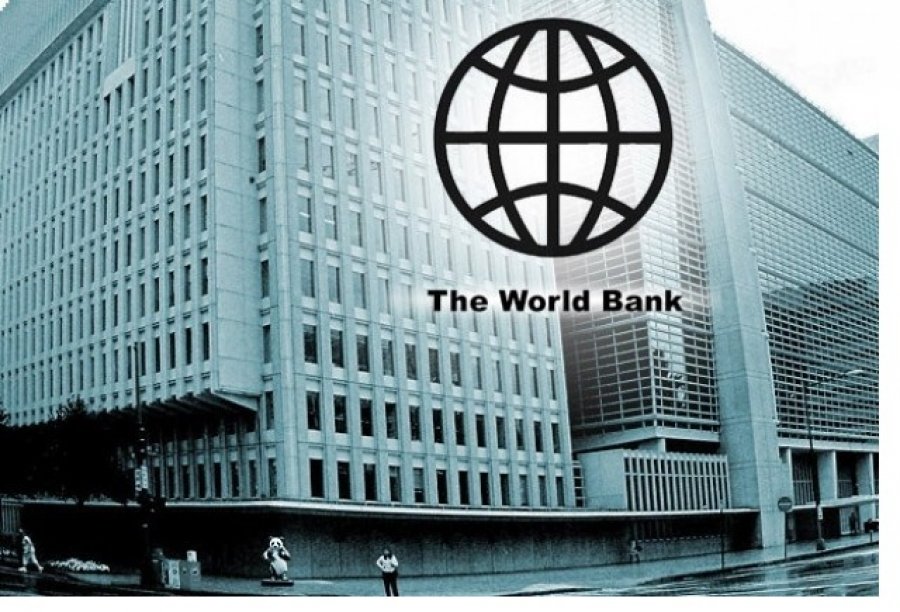

World Bank
The World Bank has approved $500 million to support electricity supply in Nigeria through large-scale metering and effective distribution.
It stated this in a statement Friday, adding that the project would lead to improved performance by power distribution companies.
In addition, it pointed out that financial support would be provided to private distribution companies only on achievement of results in terms of access connections, improved financial management and network expansion.
According to the World Bank, 85 million Nigerians do not have access to grid electricity.
This, it stated, represented 43 per cent of the country’s population, making Nigeria the country with the largest energy access deficit in the world.
It noted that lack of reliable power remained a major constraint for citizens and businesses, resulting in annual economic losses estimated at $26.2 billion (N10.1 trillion), equivalent to about two per cent of GDP.
Quoting the 2020 World Bank Doing Business report, it stated Nigeria ranked 171 out of 190 countries in getting electricity and electricity access was seen as one of the major constraints for the private sector.
World Bank Country Director, Shubham Chaudhuri, was quoted as saying, “Improving access and reliability of power is key to reduce poverty and unlocking economic growth in the aftermath of the global COVID-19 pandemic.”
He also said, “The operation will help improve the financial viability of the DISCOs and increase revenues for the whole Nigerian power sector, which is critical to save scarce fiscal resources and create jobs by increasing the productivity of private and public enterprises”.
The Nigeria Distribution Sector Recovery Programme (DISREP) is expected to help improve service quality, as well as the financial and technical performance of distribution companies by providing financing based on performance and reduction of losses.
This project complements the support provided under the Power Sector Recovery Operation (PSRO) approved in June 2020.
It is aimed at ensuring that distribution companies make necessary investments to rehabilitate networks, install electric meters for more accurate customer billing and to improve quality of service for those already connected to the grid.
It will also help strengthen the financial and technical management of DISCOs to improve the transparency and accountability of the distribution sector.
World Bank task team leader for the project, Nataliya Kulichenko, said, “The programme will only be eligible to those DISCOs that transparently declare their performance reports to public with actual flow of funds based on strict verification of achieved performance targets by an independent third party.
“The programme would also make meters available at affordable prices to all consumers in Nigeria, a long pending demand of Nigerians.”
According to the bank, the programme will reduce the CO2 emissions of the Nigerian power sector by reducing technical losses, increasing energy efficiency, replacing diesel and biomass with grid-electricity, and investing more in on- and off-grid renewable energy.
Police dispel rumour of sexual assault victim as Seyi Tinubu’s sister The Federal Capital Territory (FCT)…
Labour Party collapses into APC in Plateau In a major political development in Plateau State, the…
Niger Gov Bago makes U-turn on dreadlocks ban after backlash Governor Umar Bago of Niger State…
P-Square: Jude Okoye freed after two months detention Jude Okoye, elder brother and former manager of…
Cultists kill teen during anti-cultism walk in Lagos A 16-year-old kid named Mustapha was killed…
Just in: Factional Zamfara assembly leaders want governor to represent budget A factional House of Assembly…